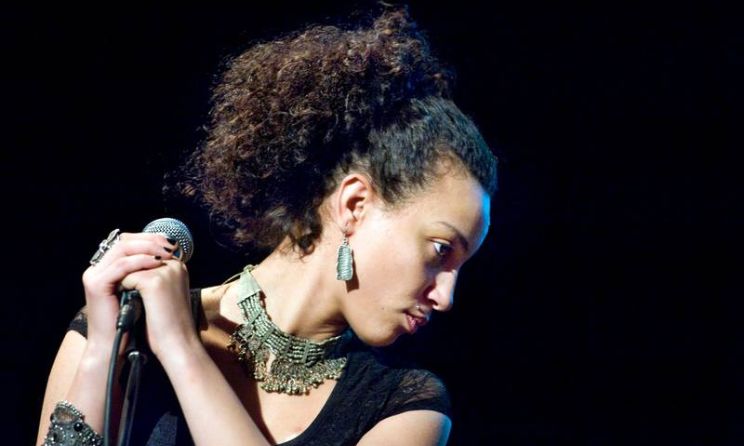Women in Egyptian music | Music In Africa
With the official religion of Egypt being Islam, Islamic thought and doctrine has a dominant influence on social hierarchies and on governing the place of women in those hierarchies. With some Islamic scholars arguing that a woman’s voice should not be heard, women are often discouraged from pursuing a career in music, as it is not considered respectable [1].
Women are mostly absent from the religious music scene and even banned from performing the call of prayer that can be heard echoing through Egyptian cities five times a day [2]. Censorship has a longstanding relationship with the music industry in Egypt, due to political and religious reasoning. All music officially released in Egypt must undergo a rigorous vetting process to ensure that lyrics do not offend neither the governing regime nor religion [3].
Works that do not receive approval are banned from being officially released at music stores or aired by government-owned radio and TV stations. However, with modern technology and the internet, more and more artists are forgoing physical music releases and focusing on digital releases, allowing them to bypass the process of obtaining government licences to release their works [4] [5]. All performers are also required to obtain licences and permits from the Musicians’ Syndicate for live performances in advance [6].
The process of receiving clearance from the censorship committee and obtaining licences to release music affects men and women alike. However, women face more censorship and policing when it comes to live performance. The Musicians’ Syndicate, which




















/https://specials-images.forbesimg.com/imageserve/604ad3acf728cc29468fec2e/0x0.jpg?cropX1=0&cropX2=846&cropY1=47&cropY2=523)
![See Inside the Amazing Homes of State Music’s Queens [Pics]](https://townsquare.media/site/204/files/2020/08/tim-mcgraw-faith-hill-mansion-california-pictures.jpg?w=1200&h=0&zc=1&s=0&a=t&q=89)











